Inside Russia’s torture chambers as investigators warn Kherson cells ‘tip of iceberg’
Similarities in accounts from different Ukrainian regions ‘expose deeper concerns that Russia is using torture as a strategy’, UN special rapporteur tells The Independent
Harrowing new accounts of Ukrainians being tortured during Russia’s eight-month occupation of Kherson are “just the tip of the iceberg”, an international team investigating the alleged war crimes has warned.
The acts described by those detained in dozens of makeshift detention centres – including the use of sexual violence as a common tactic among Russian guards, and genital electrocution – are “evocative of genocide”, the team of lawyers and prosecutors said this week.
The UN’s special rapporteur on torture, Dr Alice Jill Edwards, told The Independent that similarities in the accounts of victims across several different regions of Ukraine “expose a deeper concern that torture and intimidation are a policy and strategy of the Russian state”.

Top Ukrainian officials have accused Moscow of genocidal aims ever since Vladimir Putin invaded Ukraine in February 2022, with The Independent among the first to witness evidence of human rights abuses by Russian troops in the aftermath of the first Russian retreats from territory near Kyiv.
Accounts of torture chambers in Kherson first began to emerge soon after Russia’s forces retreated from the key Black Sea port city in November, having captured it one month into their full-scale invasion.
Earlier this week, a team of prosecutors, experts and analysts – funded by Britain, the EU and the US – helping Ukraine’s prosecutor general to sift through that evidence published a summary of its findings among an initial pool of 320 detainees held at more than 35 detention centres.
Of those victims, at least 43 per cent explicitly mentioned practices of torture in those centres – with commonly used techniques including suffocation, waterboarding, severe beatings and threats of rape, said the team led by humanitarian law firm Global Rights Compliance.
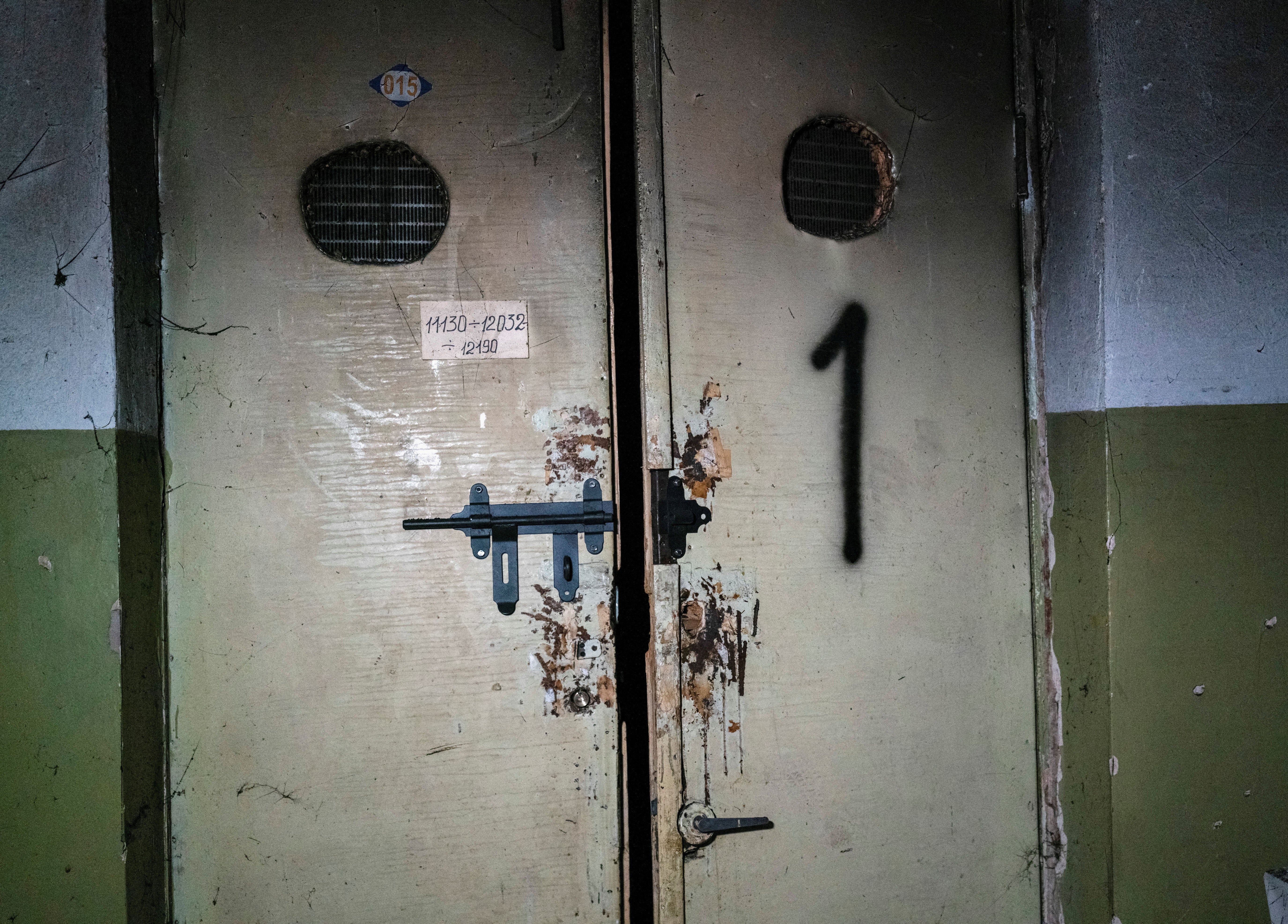
At least 36 detainees mentioned the use of electrocution during interrogations, often genital electrocution. Other victims mentioned threats of genital mutilation, and at least one victim was forced to witness the rape of another detainee by a foreign object covered in a condom, the group said.
While those detained included medical workers, teachers, volunteers, activists, community leaders, and law enforcement officials, current and former soldiers appear to be the detainees most likely to have experienced torture in the facilities, according to the investigators.
The team of investigators says it has managed to identify individual Russian perpetrators – including one soldier, Oleksandr Naumenko, alleged to have ordered the genital electrocution of 17 different victims.
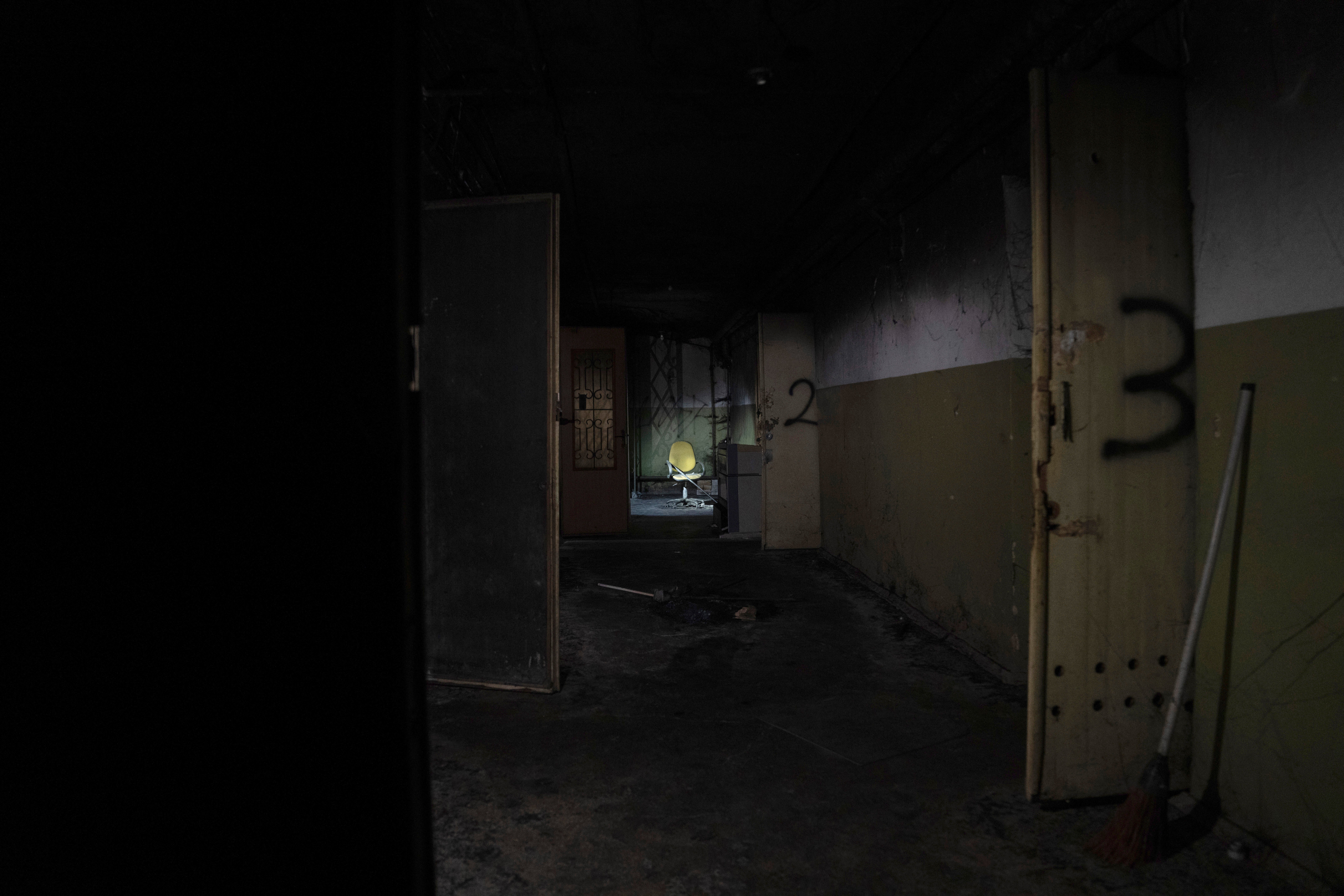
However, the Kremlin has consistently denied allegations of war crimes in Ukraine, and Russia’s defence ministry did not immediately respond to a request for comment on the report’s findings.
Responding to the findings, the UN’s special rapporteur said: “The recent collection of interviews are similar in a number of key respects to testimonies I have received as special rapporteur on torture, albeit my representations to the Russian authorities are based on information in the regions of Kharkiv and Zaporizhzhia.
“The similarities in practice across regional zones expose a deeper concern that torture and intimidation are a policy and strategy of the Russian state.
“And as such, it is presently hard to envisage that perpetrators will face justice in Russia. That said, the careful and continuous collection of evidence must go on.”
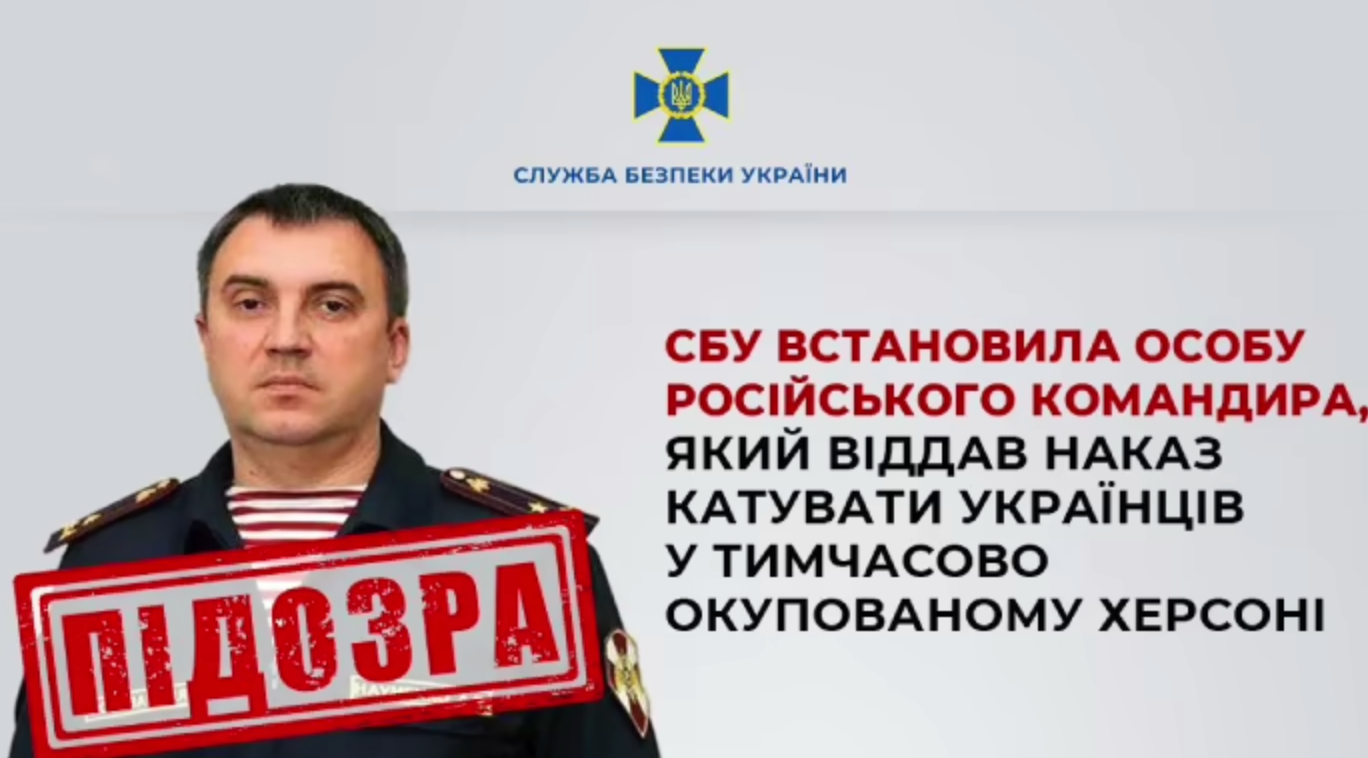
Denis Krivosheev, Amnesty International’s deputy director for eastern Europe and central Asia, told The Independent: “Sadly, these practices are very, very familiar to any one of us who has done research into the Russian security forces and how they deal with civilians.”
Pointing to past human rights abuses by Russian troops in the North Caucasus and occupied Crimea, he added: “So it is not at all surprising, but no less shocking, to read about this in territories that Russian forces have occupied in Ukraine.”
Mr Krivosheev said many of the details of the Kherson report chimed with his own past experience of Russian torture practices in those arenas, where captives suffered “a lot of” sexualised violence and electrocution, with it being “very common” to target the latter on detainees’ genitalia.
Compounding fears of a concerted effort by Moscow to subjugate Ukraine’s population using such methods, Global Rights Compliance co-founder Wayne Jordash KC unveiled evidence in March suggesting the Kherson “torture chambers were planned and directly financed by the Russian state”.
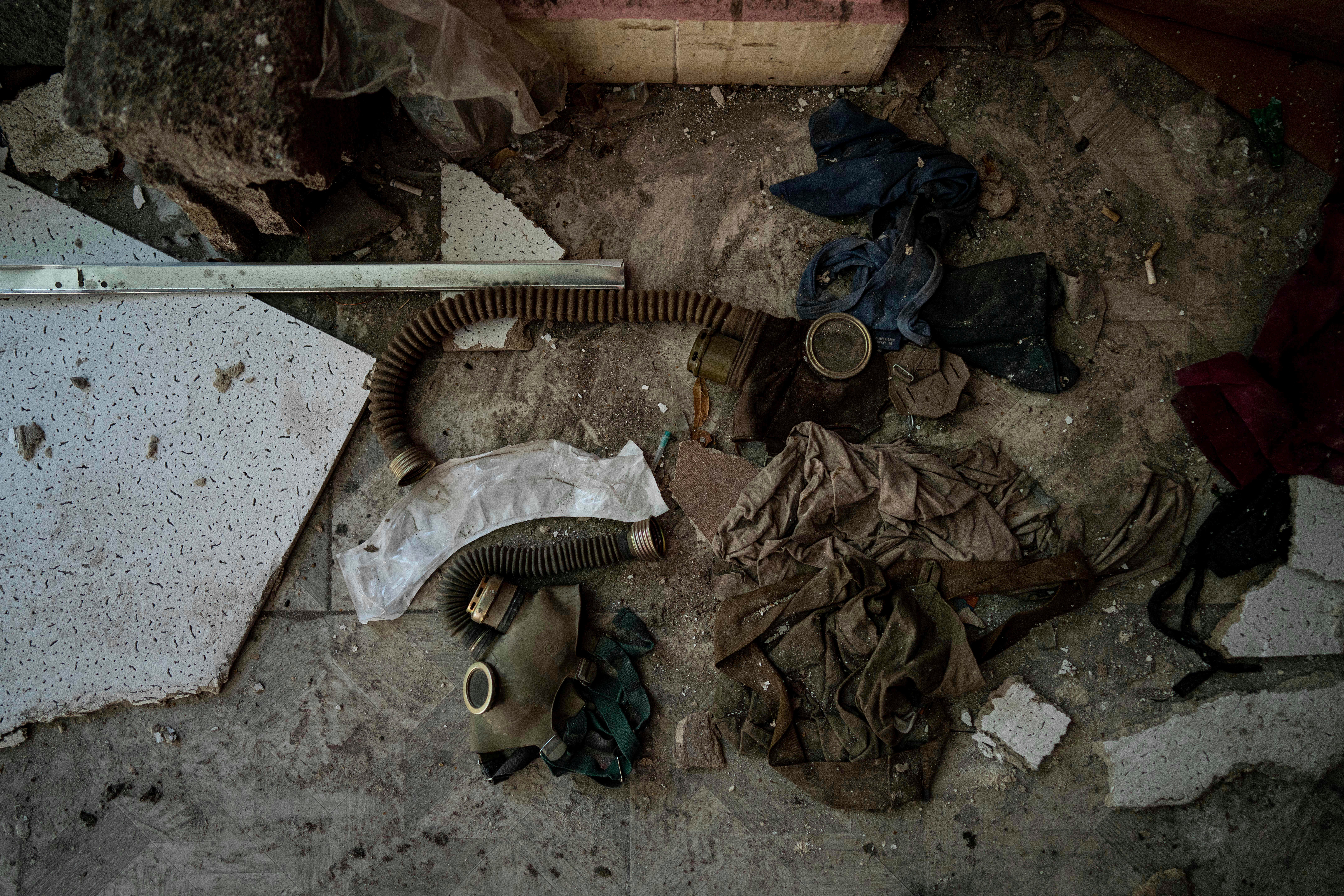
Commenting on the new findings, he said: “The torture and sexual violence tactics the [Ukrainian prosecutor’s office] is uncovering from the Kherson detention centres suggests that Putin’s plan to extinguish Ukrainian identity includes a range of crimes evocative of genocide.
“At the very least, the pattern that we are observing is consistent with a cynical and calculated plan to humiliate and terrorise millions of Ukrainian citizens in order to subjugate them to the diktat of the Kremlin.”
Ukrainian authorities are reviewing more than 97,000 reports of war crimes across Ukraine and have filed charges against 220 suspects in domestic courts. High-level perpetrators could be tried at the International Criminal Court, which has already issued a warrant for Mr Putin’s arrest.
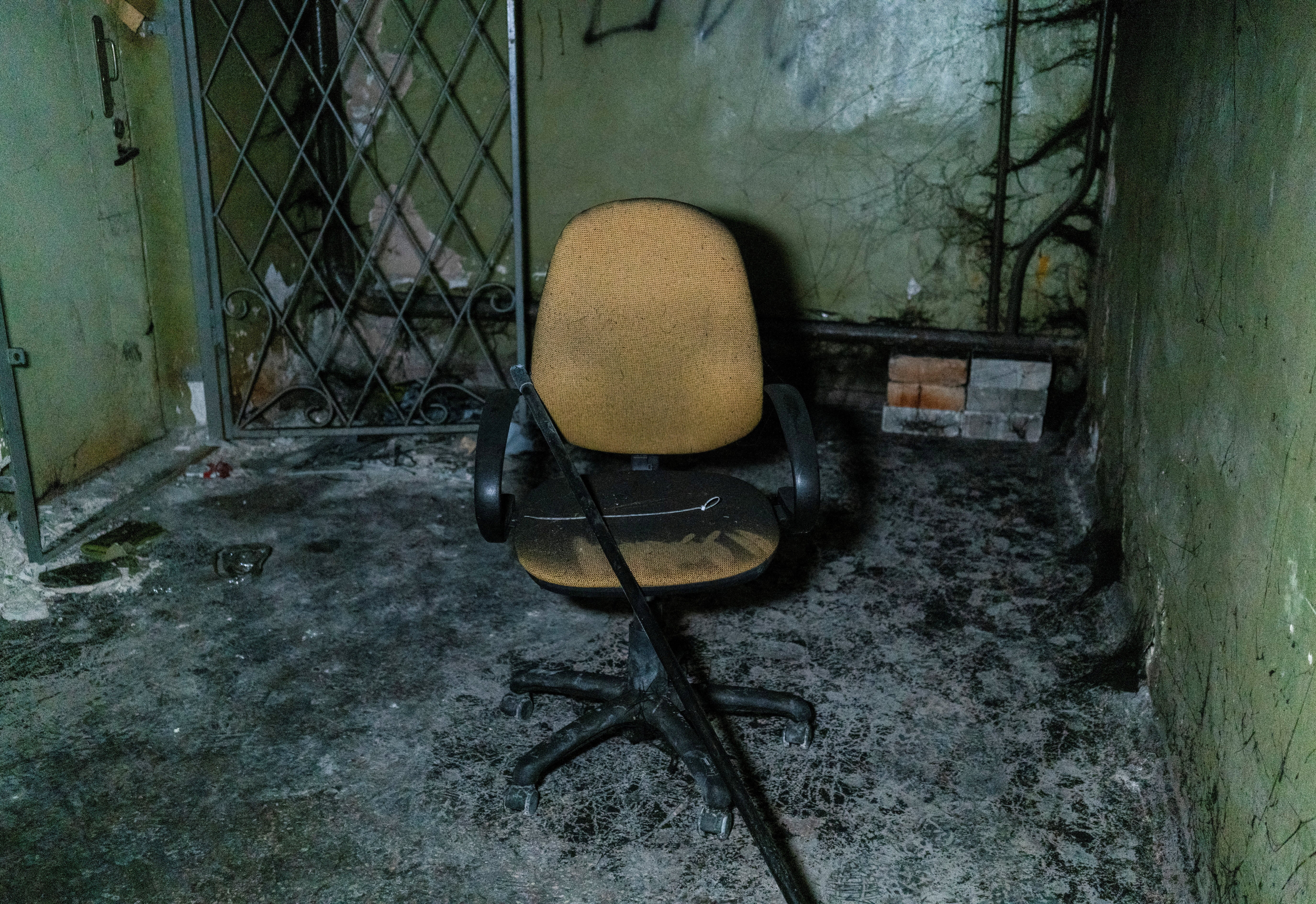
“The true scale of Russia’s war crimes remains unknown, but what we can say for certain is that the psychological consequences of these cruel crimes on Ukrainian people will be engrained in their minds for years to come,” said Anna Mykytenko, a senior legal adviser at Global Rights Compliance.
“What we are witnessing in Kherson is just the tip of the iceberg in Putin’s barbaric plan to obliterate an entire population. Justice will be served for Ukrainian survivors as we continue our mission to identify and hold perpetrators accountable. Impunity is not an option.”
While Mr Krivosheev said he could not say based on the evidence available to Amnesty that alleged torture in Kherson was “a way of dealing with the entire population”, he said he had “certainly” witnessed Russian troops using such practices to instil fear across whole populations previously.
Condemning a failure among the international community to properly address Russia’s past crimes in the North Caucasus and Crimea, Mr Krivosheev said Amnesty would strive alongside those seeking to bring “all those responsible to account for war crimes, including torture, in fair trials”.
“These crimes have no statute of limitation, and this is the only way to ensure justice and prevent such crimes in the future,” he said.
Join our commenting forum
Join thought-provoking conversations, follow other Independent readers and see their replies
Comments



Bookmark popover
Removed from bookmarks